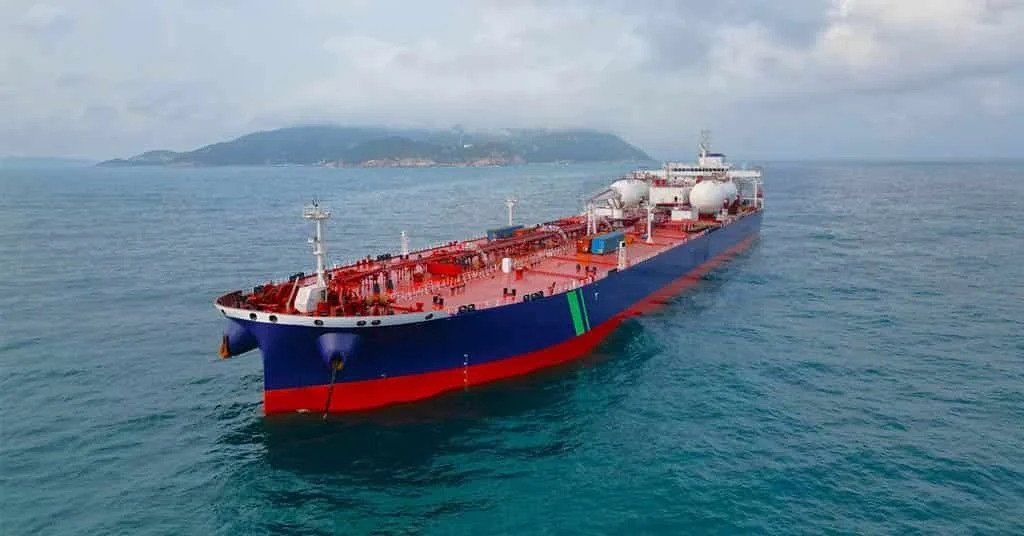Welcome To ChemAnalyst

Mitsui OSK Lines (MOL), a prominent Japanese shipping company, has entered into a charter agreement to acquire a methanol dual-fuel ultramax bulk carrier, marking a collaborative effort with Kambara Kisen, a fellow Japanese company and the shipping arm of the Tsuneishi Group.
The vessel in question, with a deadweight tonnage (dwt) of 65,700, is set to be constructed at Tsuneishi Shipbuilding and is scheduled for delivery in 2027. Under the charter arrangement, the ship will be operated by MOL Drybulk.
MOL, driven by its ambitious goal of having 90 LNG and methanol-fueled vessels in active service by 2030, has highlighted the unique features of this ultramax bulker. The vessel has been specifically designed to utilize e-methanol, a fuel primarily produced through the synthesis of recovered carbon dioxide (CO2) and hydrogen generated from renewable energy sources. Additionally, it will utilize bio-methanol derived from biogas.
The primary role of this newbuild will be the transportation of biomass fuels, primarily from the east coast of North America to Europe and the United Kingdom. Additionally, it will serve within the Pacific region and handle grain shipments originating from the east coast of South America and the US Gulf, destined for Europe and the Far East.
In recent times, orders for new bulk carriers have often been placed with an eye toward future retrofits for ammonia or methanol propulsion, anticipating the availability of these alternative fuels. Only a few dual-fuel exceptions, such as the one undertaken by Kambara Kisen in collaboration with MOL, have been revealed to date. Moreover, alongside Kambara Kisen's ultramax, notable companies like J. Lauritzen, Cargill, and Mitsui & Co. have also committed to methanol-powered kamsarmaxes at Tsuneishi. Meanwhile, Eastern Pacific Shipping, under the stewardship of Idan Ofer, has ammonia-fueled newcastlemax bulk carriers on its orderbook.
Tsuneishi Shipbuilding, recognized for its dedication to eco-friendly shipping solutions, secured another order for a methanol dual-fuelled ultramax bulker back in February. The identity of the vessel's owner was not disclosed at that time.
In conclusion, MOL's charter agreement for the methanol dual-fuel ultramax bulk carrier with Kambara Kisen, in collaboration with Tsuneishi Shipbuilding, signifies a significant step toward sustainable and eco-friendly shipping practices. The vessel's innovative design, utilizing e-methanol and bio-methanol, aligns with MOL's broader vision of incorporating alternative fuels into its fleet. As the shipping industry continues to explore environmentally responsible propulsion options, this partnership exemplifies the commitment of major players such as MOL to a greener and more sustainable future for maritime transportation.
We use cookies to deliver the best possible experience on our website. To learn more, visit our Privacy Policy. By continuing to use this site or by closing this box, you consent to our use of cookies. More info.
